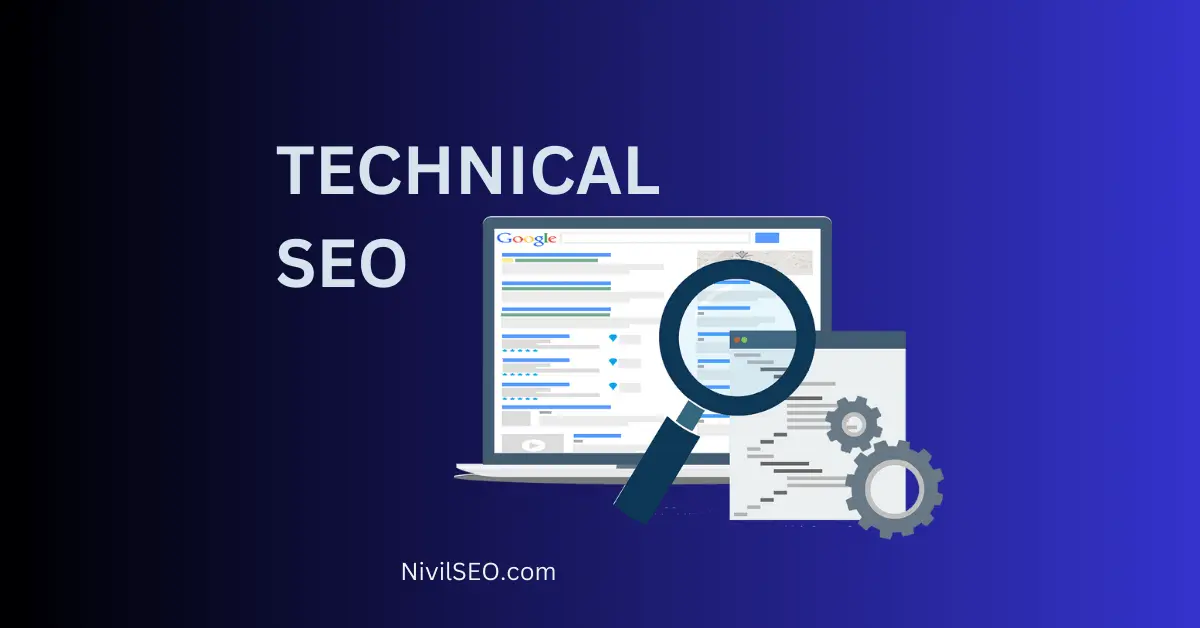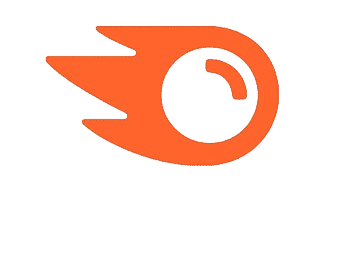Hello SEO warriors. I am Nivil, your SEO expert, giving you insights into what I believe is the most understated area of optimization, and that is technical SEO. Technical SEO can almost be thought of as the backbone that supports the overall visibility and ranking potential for your site. Just as an organized library makes a book easy to find, great technical SEO will make the content of your site accessible to search engines.
Our specialist team at keyword optimisation, SEO on-site and offsite and Local search engine strategy and implementation customized as per Dubai Competitive Market, therefore, aware of trends in change, this automatically will increase the potentiality of landing pages ranking that drive quality leads you can convert into conversion of growth and For Exceptional service and real experience forse SEO Expert Dubai.
Let's break technical SEO and see why you need it:
1.Common Technical SEO Issues to Address:
Broken Links (Dead Ends): When a user or search engine hits a broken link, that’s a dead end. You want to keep your users on your site and the search engines happy by fixing these dead ends.
Slow Page Load Times: Stood in line for ages to get into a library? Painful, isn’t it? Slow pages are frustrating for users and will reduce search rankings. Speed counts!
Lack of Mobile Friendliness: Think of a library that can only be accessed from a desktop in a mobile-first world. Websites have to be mobile-friendly to reach today’s audience and rank well.
Duplicate Content: Avoid having the same “book” (content) multiple times on your site; it confuses search engines and dilutes SEO value.
2. Website Speed Optimization:
Image Optimization: Compress images to maintain quality while reducing load time, enhancing user experience.
Code Minification: It minimizes the white space in your code and also characters that are not required in the code. The loading speed of a website with “lean” code structure increases, which benefits its SEO.
Caching: When data is accessed very often, it is stored to ensure quicker return visits for better user experience.
3.Mobile Optimization Best Practices:
Responsive Design: Scaling the page components and content of the website according to the screen size of the device and reformatting the contents to be more user-friendly as the screen size is reduced.
Mobile-Friendly Testing: There are several tools, like Google’s Mobile-Friendly Test, that can determine issues related to mobile usability. These issues should then be fixed.
Mobile Page Speed: In general, mobile users do not like slow pages much. Optimize your page speed for mobile not to lose the users.
4.Simple Technical SEO Tools and Audits:
Site Crawling: With Screaming Frog or Semrush Site Audit, you can crawl your site to identify broken links, duplicate content, and issues with mobile.
Fix Top Priority Issues: Fix most of the critical issues from the audit to boost up the health of the website and its search rankings.
Regular Monitoring: Technical SEO is not something one does once. Arrange a regular audit to pinpoint emerging issues and fix them there and then, putting the website in the best search engine and user position it can be.
conclusion:
Strong technical SEO is a necessary prerequisite to any successful SEO strategy. Dealing with common issues, following best practices, and using the right tools unlock your website’s search potential to let search engines and users easily access content from your website. Keeping the site technically sound will pave the way for long-term SEO success.










